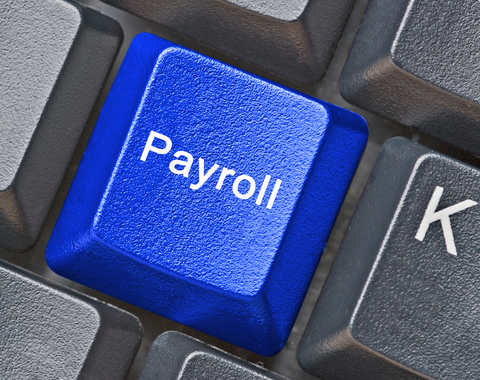Home to work travel claims?
Home to work travel claims? Generally not, but sometimes…
As a general rule, travel from your home to your workplace is not allowed as a deduction because it constitutes a “private expense”. There are however specific situations where this rule may not apply, and there can be circumstances where you may be entitled to claim some of the travel expenses between your home and your regular workplace, or even your alternative workplace.
But it is a minefield that needs to be treaded carefully so as to not end up in hot water with the taxman. […]










